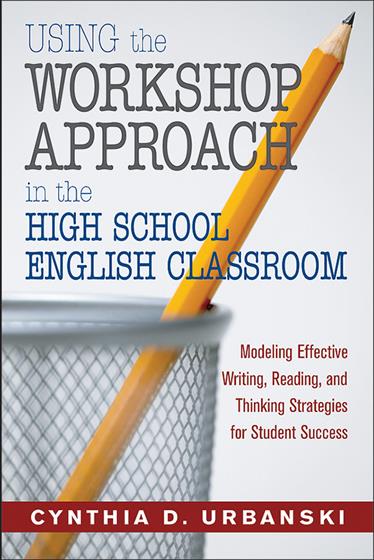Foreword by Lillian Brannon
Acknowledgments
About the Author
1. Running and Writing
The Workshop Culture – A Study of Coaching
Conclusions and The Mission
2. Who Writes the Rule Book Anyway? Accountability, Tests, and the History of Rhetoric
A Bit of History
And What About the Other Parts of My Curriculum?
Testing and Accountability
Conclusions
Suggested Reading
3. Coaching and Teaching By Doing; Modeling Thinking, Writing, and Reading
A Horror Story in Two Scenes
Scene I: Sunday Night Back in the Dark Ages
Scene II: Sunday Night One Week Later
Modeling; A Simple Concept With Huge Benefits
Modeling Gives Us Fresh Experiences to Draw From
Modeling Can Transform Our Classrooms
Modeling Fosters Authentic Learning
Modeling Will Supercharge Our Planning Time
Modeling In Our Classrooms: What Do We Do?
Modeling Concepts for Writing
A Lesson in Modeling Writing
Modeling Concepts for Reading
A Lesson in Modeling Close Reading and Analysis
Conclusions: Pulling It All Together and Coming Full Circle
4. Warming Up the Writing Muscles; Two Tools for Invention
Free Writing
What Is Free Writing . . . Really?
Why Does Free Writing Work?
Application: Helping Our Students Discover the Magic
A Lesson in Free Writing
The Last Word on Free Writing
Daybooks. A Place to Store Free Writing and Thinking
Conclusions
5. The Practice Field; Building Strength and Confidence in Writing and Literary Analysis
Types of Practice
Reader Response and Invention
In-Class Revision and Drafting
Types and Progression of Assignments as Practice
Conclusions
6. Race Day: Evaluation and the Idea of Grammar
Grammar in Context
The Bottom Line On Grammar
A Grammar Lesson
A Word of Caution
For Further Ideas
A Word About Standards
Watching the Race: Evaluating Student Writing
Grading Practice Writing Without Eradicating Its Purpose
Grading Response Journals or Daybooks
Grading Published Pieces
Portfolios: Looking at the Whole Season and Student Growth Over Time
Conclusions
Suggested Reading
7. Responding as a Spectator: The Writing Conference
Why Conference Anyway?
A Trek Through a Conference Log
Writing Conventions/Skills in Context
A Fifty-Minute Tutoring Session Translated Into a Ninety-Minute Class
Basic Behavior in a Writing Conference
A Close-up Look at a Conference
Conclusions
8. Becoming Independent; Writing and Literature Groups
A Scenario: Student Writing as Class Literature
Student Response to Groups
How to Make Groups Work
Model Functional Groups
Provide Structure and Incentive
Help Students Find Their Own Structure
What About the Kid Who Doesn’t Buy Into Group Work?
Timing
Writing Groups
Literature Groups
Conclusions
Suggested Reading
Epilogue – Why Teachers Coach
References
Index



